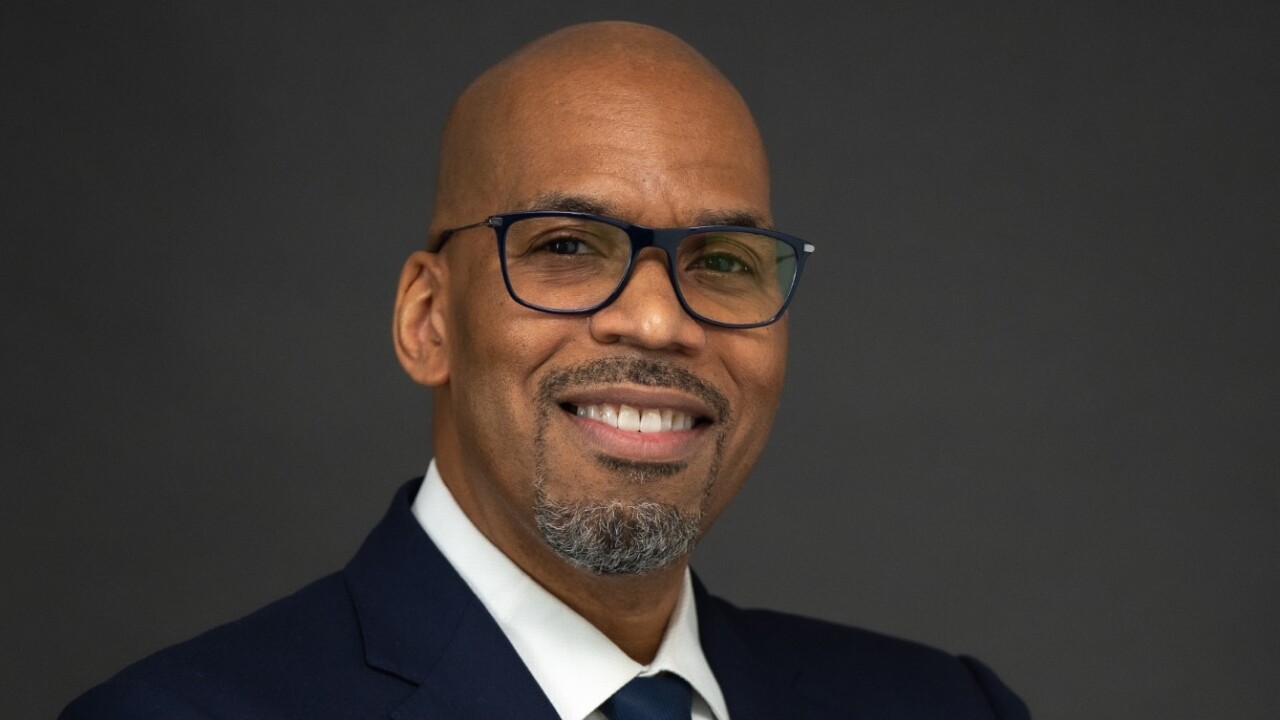House Ways and Means Committee chairman Dave Camp, R-Mich., sent a
Camp noted that it has been almost eight month since he wrote to Koskinen’s predecessor, acting commissioner Danny Werfel, requesting, among other things, all emails from Lois Lerner, the former head of the IRS’s Exempt Organizations unit, starting from Jan. 1, 2009. Lerner was the first to reveal the IRS screening of tax-exempt applications from conservative groups by grouping them according to terms such as “Tea Party” and “Patriot” in their names. The IRS was also later found to be using terms such as “Progressive” and “Occupy” to screen applications from liberal groups, relying on so-called “BOLO lists,” short for “be on the lookout.”
“At a recent Subcommittee on Oversight hearing on January 28, 2014, you promised to work with the Committee to fulfill this months-long request,” Camp wrote to Koskinen. “However, we have yet to receive any additional Lerner documents. If the IRS does not take immediate steps to provide the Committee with documents responsive to this request, I will consider using compulsory process to compel them.”
Lerner invoked her Fifth Amendment rights against self-incrimination during a congressional hearing last year and declined to answer any questions after reading a prepared statement explaining her actions. She was eventually forced out of her job.
“To date, the Committee has received only those Lerner documents from this period that include one or more search terms and limited to the determinations process,” Camp pointed out. “Given emerging evidence of Lerner’s central role in targeting not just through the determinations process, but also in the examinations, appeals and rulemaking processes, all Lerner documents during this time period are pertinent to the investigation.”
Since taking office last month, Koskinen has been trying to repair the IRS’s damaged reputation. That includes addressing questions about the tax-exempt application process, which came up during a congressional hearing earlier this month in which lawmakers asked about the IRS’s proposed rules for 501(c)4 groups, which are supposed to operate as “social welfare” organizations (see
Koskinen told Accounting Today in an interview last week that the agency is still considering the feedback it received on the
“Obviously it’s become a much more visible challenge as people on both sides have become concerned about the draft,” Koskinen said in an interview last Wednesday. “My position has been that the proposed draft regulations—issued before my confirmation hearing, just to make my hearing more interesting—asks for comments on all the issues that people have now been publicly discussing. In fact, at last count we have over 23,000 comments, which I refer is to as a new American record apparently for comments on any Treasury regulation. My position is, and my hope is, that any final regulation—there’s no guarantee there will be one—any final regulation would be clear, would be fair to everybody and would be easily administered.”
Earlier this month, a group of Republican senators introduced legislation to prevent the IRS from finalizing the proposed regulations for one year (see
Koskinen compared the situation to challenges with other social welfare programs that the IRS has been tasked with administering, such as the Affordable Care Act and the Earned Income Tax Credit. “We weren’t set up and we should not be making complicated political judgments about campaign finance and other issues,” said Koskinen. “There has been some push that we ought to withdraw the regulations, and some have said, Well, it wasn’t really all that unclear before.’ But if you go back and look at it, a facts and circumstances test of what is not primarily social welfare activity and how much of the non-social welfare activity you have to engage in before you’re at risk for your tax exemption is anything but a clear standard as far as I’m concerned.”
The IRS has been hearing concerns from both Democrats and Republicans about the proposed 501(c)4 rules. “I appreciate the concerns on both sides of the political spectrum,” aid Koskinen. “All of that has been reflected in the comments already. There will be a public hearing at which people in Congress and others can testify. But I do think that it will be important to have clarity, not just for the IRS. But people running these organizations need to have a clear roadmap of what’s acceptable and what’s not, so that we’re not making that decision after the fact, and so that they know how they can run the organization and what they can do and how much of it they can do.”
The IRS may need to make the rules clearer for not only tax-exempt groups that operate under Section 501(c)4 of the Tax Code (which covers civic leagues, social welfare organizations, and local associations of employees), but also for other groups that qualify under Sections 501(c)3 (religious, educational, charitable, scientific, literary, testing for public safety, to foster national or international amateur sports competition, or prevention of cruelty to children or animals organizations), 501(c)5 (labor, agricultural and horticultural organizations) and 501(c)6 (business leagues, chambers of commerce, real estate boards, etc.).
“The decision needs to be made about whether it applies just to c4’s or c5’s, c3’s, c6’s, said Koskinen. “It’s complicated as an issue, but my commitment—and I’ve told the Hill that—my commitment is that any regulation we come out with, my hope is that it’s going to be clear and it’s going to be fair. Maybe everybody will be unhappy with it, but it will be fair. But most importantly it will be easily administered, and as I’ve said, the Congress has the authority to pass any legislation they want or to just overrule any regulation we put out.”
Koskinen noted that the definition of “social welfare” has changed over the years at the IRS. “The statute originally said you have to be exclusively’ a social welfare organization, until the Eisenhower administration in 1959 said that means primarily.’ That’s what got us into this sticky wicket,” he said. “My sense is that the way out of this is to try to have as clear a regulation as we can so that people running the organization can be comfortable they know what they can do and what they can’t do and that doesn’t infringe upon the ability of social welfare organizations—unions and others to whom it may apply—to function effectively.”





